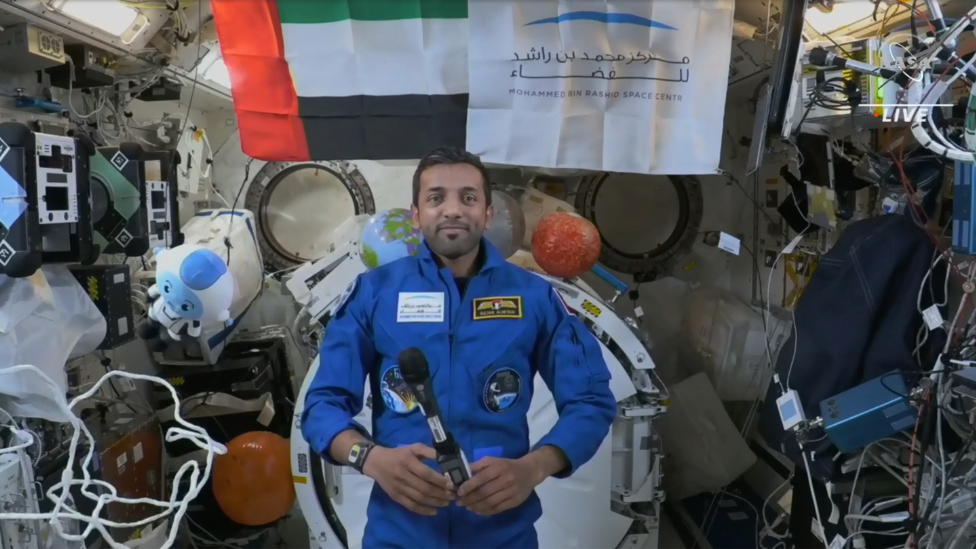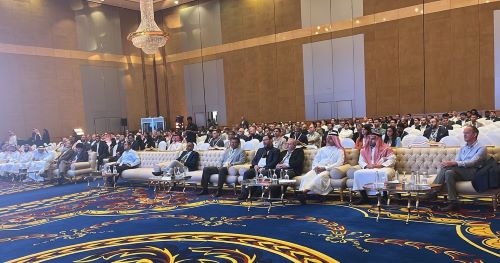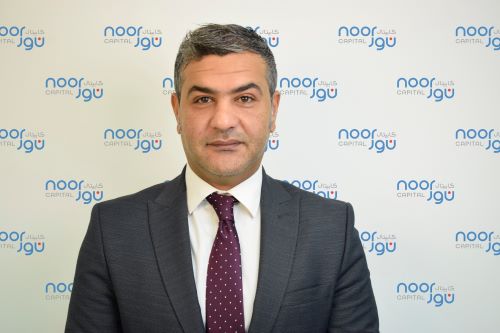Space-Grown Tomatoes Collected By UAE Astronaut Set To Enhance Research Upon Return To Earth

Space-Grown Tomatoes Collected By UAE Astronaut Set To Enhance Research Upon Return To Earth:
This weekend, tomatoes harvested in space by Emirati astronaut Sultan Al Neyadi will return to Earth to help support future missions. The little greenhouse on board the International Space Station is where the dwarf vegetables were grown in December.
NASA’s Innovative Approach to Space Exploration: Pioneering Research and Experimentation
Since his arrival on the ISS in March, Dr. Al Neyadi has been essential to the project and experiments they have been carrying out. This space research is critical to achieving Nasa’s goals of providing fresh food to astronauts, particularly on long-duration missions. On Saturday at 7:05 PM UAE time, the SpaceX Dragon cargo spaceship docked at the station will begin transporting numerous science experiments down to Earth.
Dr. Al Neyadi, 41, will be working that day to finish transporting vital research samples and used station equipment aboard the Dragon spaceship. Before the US cargo ship undocks on Saturday, Al Neyadi will activate Dragon monitoring equipment and software and close the vehicle’s hatch. A few hours later, Dragon will freefall to a splashdown off the coast of Florida, where SpaceX and NASA officials will be able to retrieve it. NASA also stated that after they complete the investigation, they will forward the discarded lab equipment to scientists and engineers all over the world for analysis.
Since his March 3 arrival on a six-month mission to the orbiting laboratory, Dr. Al Neyadi has been carrying out significant scientific work. According to NASA, the tomato samples produced in orbit could benefit not just upcoming missions but also the availability of fresh food on Earth. Additionally, to study the impacts of microbial safety, light quality, and fertilizer on fruit production, and nutritional value, they froze tomatoes, water samples, and swabs of the growth hardware, according to Nasa.
For a long time now, astronauts have been cultivating edible plants in space. Having less need for regular resupply missions from Earth is a huge step toward the ultimate objective of building a base on the Moon or another planet. For instance, the first vegetable, red romaine lettuce, was successfully grown in space in August 2015, providing astronauts with a healthier and tastier option to the processed space food they normally eat.
Dr. Al Neyadi also took part in a fire safety experiment in space, which experts on Earth will also analyze. The study looked at how the temperature of fuel affects how flammable a material is. Dr. Al Neyadi will return the various analyzed materials and gel samples to Earth.
Nasa says that the investigation could improve the safety of crew members on future space explorations by making it easier to understand how early fires spread, helping to choose fire-resistant materials for spacecraft cabins, validating models of flammability, and figuring out the best ways to put out fires.
Takeaways
Emirati astronaut Sultan Al Neyadi’s successful harvest of tomatoes in space is a big step forward in space exploration. The research on tomato samples could also assist in enhancing the availability of fresh food for future long-duration flights as well as on Earth.
Last Updated on 8 months by News Editor













